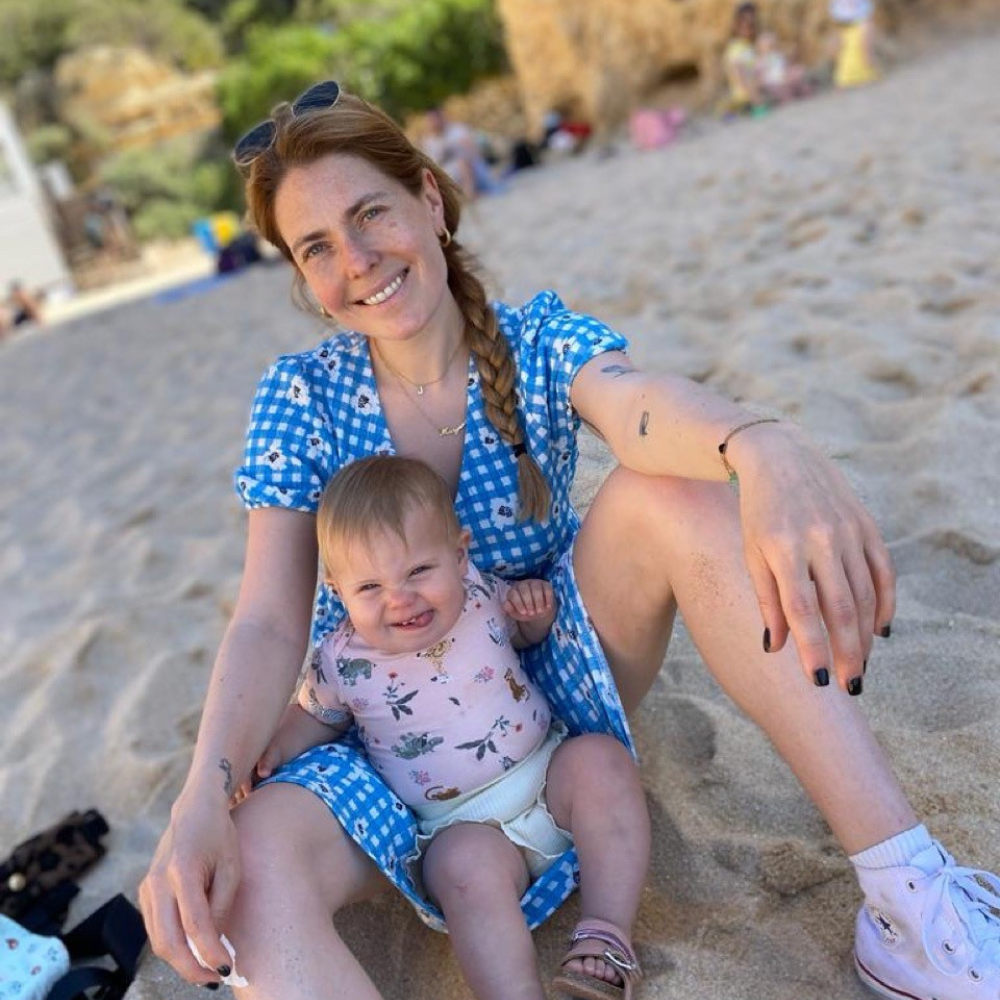Becoming a new mom brings immense joy, but also a plethora of questions, responsibilities, and occasional anxieties. When you’re breastfeeding, every aspect of your life influences not only you, but also your little one. One such aspect is breastfeeding and medication. Mothers are often unsure about the safety of certain medications during breastfeeding. When I first began breastfeeding, I had no idea that even the simplest pills, like those for cramps, are not good for your baby. Now I know there are alternatives to explore. For example, ginger is really good for stomach pain, even during pregnancy. Alternative medicines such as herbal remedies can also be beneficial, but they should be used with care and knowledge.
The following points offer critical insights about breastfeeding and medication, aiming to provide clarity on this important topic.Here are the ten key things I’ve learned about breastfeeding and medication, lessons that have come from personal experiences, countless readings, and professional advice:
1. Ask the Pharmacist
The first and most important rule is always to ask your pharmacist or healthcare provider about the safety of any medication during breastfeeding. Pharmacists are highly trained in understanding the interactions and potential risks of various medications. They can provide you with the most up-to-date and reliable information.
2. Over-the-Counter Doesn’t Always Mean Safe
It’s a common misconception that over-the-counter (OTC) medications are harmless. While many OTC drugs are safe for most adults, they can have different effects on breastfeeding infants. Always consult with your pharmacist before taking any medication, whether prescription or OTC.
3. Watch for Infant Reactions
Be observant of any changes in your baby’s behavior, such as excessive crying, changes in sleep patterns, or feeding problems, when you start any new medication. These could be signs of an adverse reaction to the medicine passing through breast milk.
4. The Timing of Medication Intake Matters
When possible, taking medication immediately after breastfeeding can minimize the amount your baby is exposed to. This is because drug levels in the breast milk will decrease over time between doses.
5. Be Aware of Cramp Medication
Medications for conditions such as menstrual cramps, such as nonsteroidal anti-inflammatory drugs (NSAIDs) or certain antispasmodics, might not be safe for breastfeeding infants. These types of medications could potentially cause adverse effects, such as stomach upset or decreased kidney function in the infant.
6. The Age of Your Baby Matters
Newborns and young infants are at a higher risk of drug exposure through breast milk due to their immature organs. As babies grow older, their bodies become more capable of handling small amounts of certain medications.
7. Breastfeeding and Chronic Medications
If you have a chronic condition that requires regular medication, such as hypertension or depression, there are often safe options for breastfeeding mothers. Don’t stop taking necessary medication without consulting your healthcare provider.
8. Certain Drugs are Generally Safe
While you should always consult a healthcare provider, some drugs are generally considered safe during breastfeeding. These include acetaminophen (paracetamol), ibuprofen (in limited quantities), most antibiotics, and certain antihistamines.
9. Limited Use vs. Long-Term Medications
The safety of a drug can depend on how long you take it. Short-term use of certain medications might be considered safe, while long-term use could pose more significant risks to your baby. Always discuss the duration of medication use with your healthcare provider.
10. Alternatives to Medication
Sometimes, it might be possible to manage symptoms without medication. Lifestyle changes, physical therapy, dietary adjustments, or other non-pharmaceutical interventions could be viable options. Discuss these possibilities with your healthcare provider.
Always Double check Before use
Remember, each mother-baby pair is unique. What works for one may not work for another. The most crucial point is to keep communication open with your healthcare provider to make the best decisions for you and your baby. Breastfeeding is a wonderful journey that both mother and baby can enjoy healthy and safely, even when breastfeeding and medication is necessary.
Please note that I speak from personal experience. For substantiated information, we always recommend that you take a look at the WHO.









